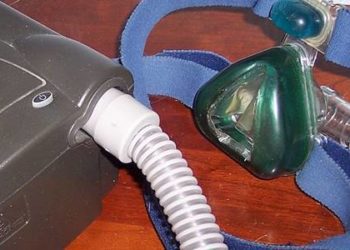#Visual Abstract: Adolescent Mental Health Program Components and Behavior Risk Reduction: A Meta-analysis
1. Of 25 psychosocial intervention components studied in adolescents, only interpersonal skills, emotional regulation, and alcohol and drug education predicted positive effects across multiple outcomes in mental health, prevention of mental disorders, and reduction of risk behaviors.
2. Mindfulness, problem solving, assertiveness training, and stress management predicted positive effects in a single outcome. The remaining components, including cognitive restructuring, behavioral activation, and social skills, were not found to be predictive in either direction.
Evidence Rating Level: 1 (Excellent)
Study Rundown: Adolescence is a formative time that offers opportunities for promotion of mental health and prevention of mental disorders and risk behaviors throughout life. Previous studies have examined the effectiveness of psychosocial interventions in improving adolescent mental health, but most of these have focused on single-issue interventions and outcomes. In this systematic review and meta-analysis, researchers identified 158 randomized controlled trials studying the effects of psychosocial interventions with adolescents on mental health, prevention of mental disorders, and reduction of risk behaviors. Of the 25 intervention components included across the studies, interpersonal skills, emotional regulation, and alcohol and drug education predicted positive effects across multiple outcomes. Mindfulness, problem solving, assertiveness training, and stress management predicted positive effects in a single outcome. The remaining components, including cognitive restructuring, behavioral activation, and social skills, were not found to be predictive in either direction.
The researchers note that most of the included studies were completed in high-income countries, which may limit generalizability, and that only 2 trials reported on suicide and self-harm outcomes. Furthermore, researchers were not able to quantify the weight of each component present. Nonetheless, the study is strengthened by its analysis of a large number of randomized controlled trials across multiple outcomes. For physicians, these findings highlight program components that may serve the basis for developing future psychosocial intervention programs for adolescent mental health.
Click to read the study in Pediatrics
Click to read an accompanying editorial in Pediatrics
©2019 2 Minute Medicine, Inc. All rights reserved. No works may be reproduced without expressed written consent from 2 Minute Medicine, Inc. Inquire about licensing here. No article should be construed as medical advice and is not intended as such by the authors or by 2 Minute Medicine, Inc.









